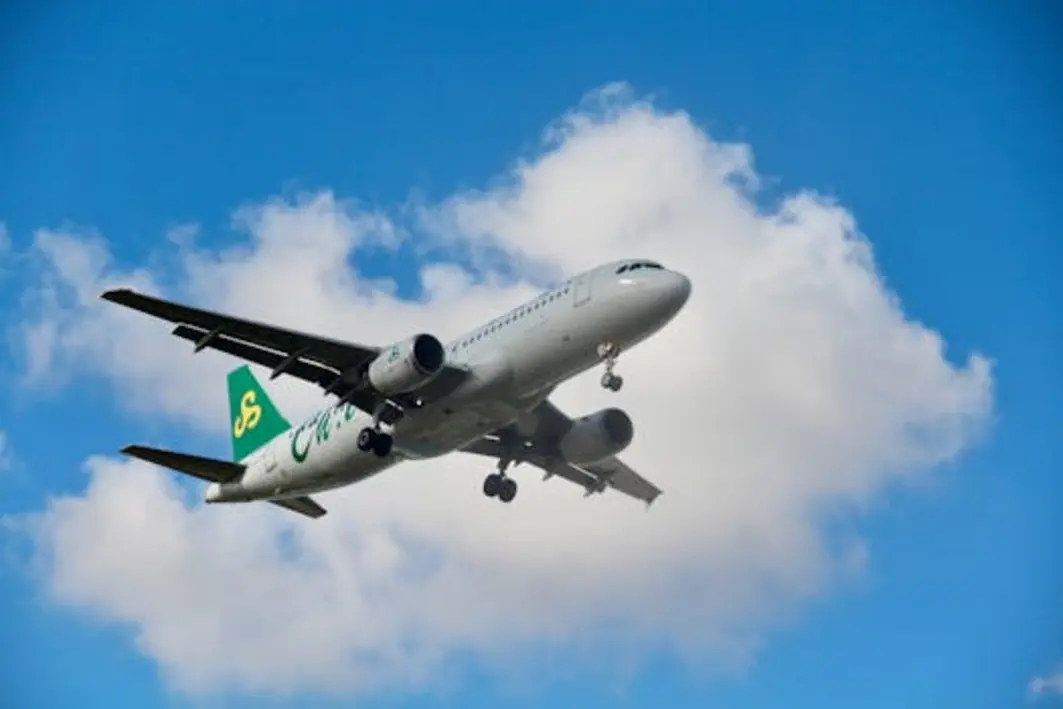
Engine Flameout Scare: What Happens When Your Flight Gets Grounded?
Imagine this: You’re on a flight, maybe headed for a relaxing beach vacation or a crucial business meeting. The plane is taxiing, the engines revving… and suddenly, everything stops. An announcement crackles over the intercom, explaining a technical issue. Your heart sinks. Sound familiar? It does to me. Delays are an inevitable part of air travel, but what happens when a technical glitch, like an engine flameout, forces a plane to abort takeoff? Let’s dive in, explore the issue using a recent example, and understand your rights.
In this article, you’ll discover what causes these issues, how airlines handle them, and, most importantly, what compensation you might be entitled to if your travel plans are disrupted. We’ll walk through a recent incident involving an IndiGo flight and discuss the practical steps you can take to navigate these situations with confidence.
The Ahmedabad to Diu Incident: A Closer Look
Recently, on Wednesday, an IndiGo ATR flight, 6E-7966, en route from Ahmedabad to Diu, experienced a frightening situation. During takeoff, the pilots were forced to reject the takeoff due to an engine fire warning. According to reports from The Times of India, the specific aircraft (VT-IYA) had triggered “engine one flameout out warning” which led to a safe stop and subsequent grounding of the plane for investigation. Thankfully, all 70 people on board were reported safe. The Directorate General of Civil Aviation (DGCA) is probing the incident, aiming to understand the cause and prevent future occurrences.
An IndiGo spokesperson addressed the event, stating, “A technical snag indication was noticed just before take-off on IndiGo flight 6E 7966 operating from Ahmedabad to Diu on July 23, 2025. Following the standard operating procedure, the pilots informed the authorities and returned the aircraft to the bay. The aircraft will undergo necessary checks and maintenance before resuming operations.” This highlights the airline’s commitment to safety.
Understanding the Risks: What Causes Engine Problems?
So, what could cause an engine to have issues leading to a situation like this? Engine flameouts or other technical problems can be a result of several factors:
- Mechanical Failure: Parts within the engine can fail due to wear and tear or manufacturing defects.
- Foreign Object Debris (FOD): Small objects (like screws, even birds) that get into the engine can cause serious damage.
- Fuel Issues: Contaminated fuel or problems with fuel delivery systems can also lead to engine trouble.
- Software/Sensor Errors: Modern engines rely heavily on software and sensors, which can sometimes malfunction.
These instances are thankfully rare, but they showcase the vigilance required in air travel to help keep passengers safe.
What Happens When a Flight is Delayed or Cancelled?
When flights are delayed or cancelled due to technical issues, the airline has a responsibility to assist passengers. This assistance typically includes:
- Information: The airline should quickly provide details about the delay or cancellation and the reason for it.
- Accommodation: If the delay necessitates an overnight stay, the airline is usually responsible for arranging and covering the cost of hotels and meals.
- Rebooking: The airline should offer you a seat on the next available flight to your destination.
- Compensation: Depending on the severity of the delay, you might be entitled to financial compensation.
During the above mentioned IndiGo incident, the airline said, “We regret the inconvenience caused to our customers and are making all efforts to minimize it by offering them refreshments, accommodation in the next available flight or a full refund against cancellation, as per their preference.”
Your Practical Takeaways: Know Your Rights
Here’s what you can do if faced with a similar situation:
- Stay Informed: Pay close attention to announcements and updates from the airline. Document Everything!
- Ask Questions: Don’t hesitate to ask the airline staff about the reason for the delay, what assistance is available, and your rights.
- Keep Records: Save all communication with the airline, including emails, text messages, and boarding passes.
- Know the Rules for Compensation: Familiarize yourself with the airline’s policy and any applicable regulations regarding compensation for delays or cancellations. A full refund is usually always an option.
- Travel Insurance: Consider travel insurance, which may cover expenses related to delays, cancellations, or other travel inconveniences.
Conclusion: Navigating the Skies with Confidence
Dealing with engine flameouts and flight disruptions can be stressful, but knowing your rights and being prepared can make a huge difference. Remember that safety is always the top priority, and airlines have a responsibility to ensure your well-being. By staying informed and taking proactive steps, you can navigate these situations with confidence and peace of mind. Now, what actions will you take next time your flight is delayed?